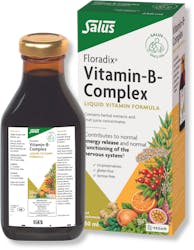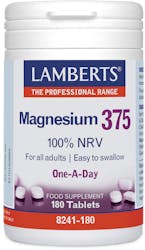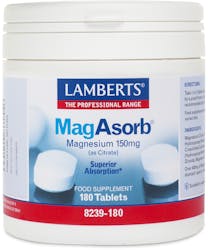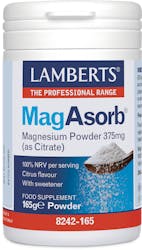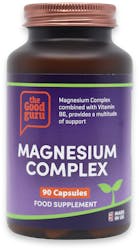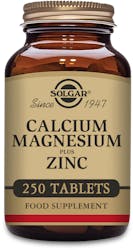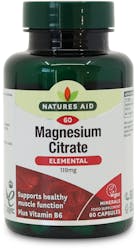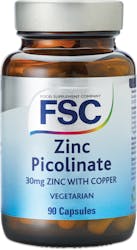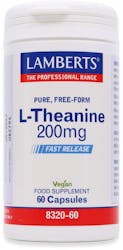Stress Relief
In today's fast-paced world, stress has become a ubiquitous part of life. While some stress is a normal and even necessary part of life, chronic stress can have detrimental effects on both physical and mental health. Effective stress relief is crucial for maintaining overall well-being.
More about stress relief
Here’s why stress relief is essential:
- Mental Health: Prolonged stress can lead to anxiety, depression, and other mental health issues. Managing stress effectively helps in maintaining mental clarity and emotional stability.
- Physical Health: Chronic stress is linked to numerous health problems, including heart disease, high blood pressure, diabetes, and obesity. Stress relief can help in preventing these conditions and promoting overall physical health.
- Improved Sleep: Stress often interferes with sleep patterns, leading to insomnia or poor-quality sleep. Effective stress management can improve sleep quality, which is vital for health and well-being.
- Enhanced Cognitive Function: Stress can impair cognitive functions such as memory, attention, and decision-making. Reducing stress can help in maintaining and even improving cognitive abilities.
- Increased Productivity: Stress can reduce productivity and increase the likelihood of mistakes. By managing stress effectively, individuals can improve their performance and efficiency at work or in other activities.
What are the key supplements to reduce stress?
While lifestyle changes such as regular exercise, a healthy diet, and mindfulness practices are essential for managing stress, certain supplements can also play a supportive role. Here are some key supplements known for their stress-reducing properties:
Ashwagandha: An adaptogenic herb that has been shown to reduce stress and anxiety by lowering cortisol levels, the body’s primary stress hormone.
Rhodiola Rosea: Another adaptogen that helps the body adapt to stress by enhancing mental performance, reducing fatigue, and improving resilience to stress.
Magnesium: A mineral that plays a crucial role in the body's stress response. Magnesium deficiency is associated with increased anxiety and stress, and supplementation can help in reducing these symptoms.
L-Theanine: An amino acid found in green tea that promotes relaxation without causing drowsiness. It helps in reducing stress and anxiety by influencing neurotransmitter activity in the brain.
Omega-3 Fatty Acids: Found in fish oil, omega-3s have anti-inflammatory properties and have been shown to reduce symptoms of depression and anxiety.
Vitamin B Complex: B vitamins, especially B6, B9 (folate), and B12, play a role in the production of neurotransmitters that regulate mood and stress levels. Supplementing with B vitamins can help in managing stress and improving mental health.
Valerian Root: Known for its calming effects, valerian root is often used to treat insomnia and anxiety, promoting relaxation and stress relief.
Chamomile: Often consumed as a tea, chamomile has mild sedative properties that can help reduce anxiety and promote better sleep.
Managing stress is crucial for maintaining both physical and mental health. While lifestyle changes are the foundation of effective stress management, certain supplements can provide additional support in reducing stress and improving overall well-being. Incorporating these supplements, along with a healthy lifestyle, can significantly enhance your ability to cope with stress and lead a healthier, more balanced life. Always consult with a healthcare professional before starting any new supplement regimen to ensure it is appropriate for your individual needs.




